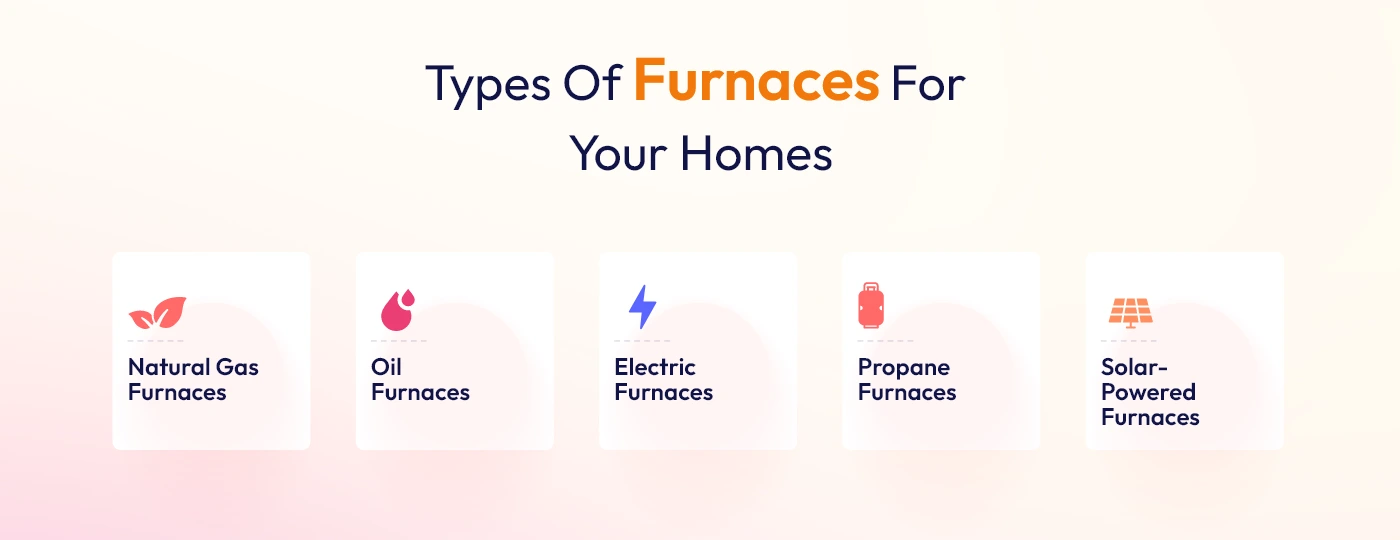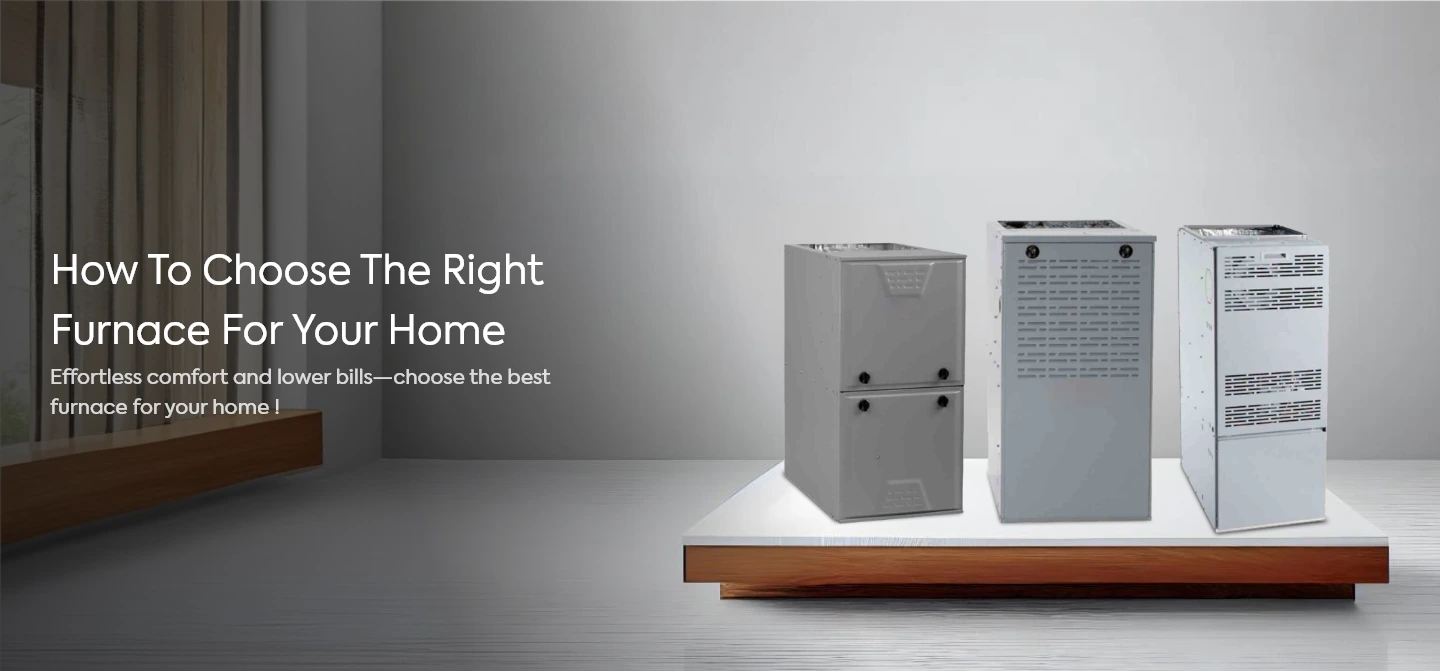Choosing a perfect furnace for your house will always be an important decision because it affects the comfort of your house, the bills you pay, and the quality of air you breathe in your home.
Many varieties are available in the market, but it’s important to know what to consider before making the right decision about need and cost.
If you are confused about the right furnace, then this blog is your good-to-go guide.
Let’s break it up into systematic steps, starting with classifying the furnaces, choosing one, and finally, tips for best Furnace Installation in Greenwood.
Types of Furnaces

Before getting into the details, let’s discuss briefly the major types of furnaces that you can select from:
- Natural Gas Furnaces: These are very common in the States and are admired for being fast and cheap. Nowadays, very advanced models of natural gas furnaces are available which have nearly 98% efficiency and can consume almost all the fuel to produce heat.
- Oil Furnaces: Available in more numbers in states like northeastern ones. They are less efficient and maybe costlier per unit compared to gas furnaces.
- Electric Furnaces: Cost-effective due to their ease of installation and they have longer life, but they are very costlier to operate, maybe three times costlier compared to gas furnaces.
- Propane Furnaces: A good option when you don’t have access to natural gas that has to be piped to consumers. They work exactly like a gas furnace but can also incur the cost of an additional upfront for a propane tank.
- Solar Powered Furnaces: This is a relatively new technique that incorporates light energy from the sun. They help reduce energy costs but are mostly effective in areas where sunlight reaches directly.
Key Considerations When Choosing a Furnace
When choosing the best furnace for your house, consider the following key elements:
-
Efficiency (AFUE Rating)
AFUE stands for “Annual Fuel Utilization Efficiency,” and it tells you just how well a furnace turns fuel into heat:
- 80% AFUE: 80% of the fuel turns into heat and 20% wastage
- 90%-98% AFUE: It wastes less fuel but will cost you more to buy in the first place.
If you reside in a cold area and will use your furnace most of the time, then a higher AFUE can pay for itself in the long term.
-
Size and Capacity
The correct size of the furnace is crucial.
- A furnace that is too large will heat up your home too quickly, it will quickly turn on and off which can wear it out.
- A furnace that is too small won’t adequately warm your home on severely cold days.
A professional HVAC technician in Greenwood can decide the proper size for your home based on its dimensions, insulation, windows, and climate.
-
Fuel Type
Consider what will be the cheapest and most readily available fuel in your area:
- Natural Gas: Generally, least expensive.
- Electricity: More expensive, but in some areas, you may have no choice.
- Oil or Propane: Fine if gas is not available their prices do tend to become unstable.
-
Climate
Your region’s local weather matters.
- Cold climate: You will require a heater with a high heating capacity.
- Mild climate: You will be fine with a smaller heater or even a heat pump.
Good insulation is also good for that matter-it keeps the warmth inside, which reduces how long your furnace must work.
-
Air Quality Features
Some of the new furnaces have extra features that will make air in your home cleaner, such as,
- Advanced filters that capture dust and allergens.
- UV light that kills bacteria and mold.
- Built-in humidifiers to add moisture to the dry winter air.
Installation Tips
Installation of your furnace needs as much care and attention as selecting the right furnace does. First and foremost, let an expert do it for you.
They will ensure that your furnace is just the right size for your home and safe and properly installed for you. But before you make any purchases you must understand the cost involved. Furnace prices are going to differ according to type, brand, and installation process.
Get some good deals by contacting a few contractors and asking them for their quotes and proposals.
Final Thoughts
Choosing the best furnace for your house might not be the easiest task, but if broken down into smaller steps, it becomes relatively easier. First, consider what matters most to you for your home-energy efficiency, cost, or air quality. If you find it hard to decide, ask an expert.
Getting the right furnace isn’t just about staying warm; it is also about savings and making a home as comfortable as possible. So, choose wisely, and enjoy cozy winters for years to come.
The size of the furnace depends on your home’s size, insulation, windows, and climate. It’s best to have a professional to check these factors and recommend the right size.
An 80% efficient furnace wastes 20% of the fuel, while a 98% efficient one wastes only 2%. The higher efficiency model costs more upfront but can save you money on energy bills over time.
Electric furnaces are cheaper to install and last longer, but they cost more to run. Gas furnaces are more affordable for heating, especially in areas where natural gas is cheap.
If you have allergies, asthma, or want cleaner air, advanced filters and humidifiers can help. They’re worth it if air quality is a priority for your family.
It’s recommended to have your furnace serviced at least once a year, preferably before the heating season begins. Regular maintenance ensures the furnace runs efficiently, helps prevent costly repairs, and extends its lifespan.






